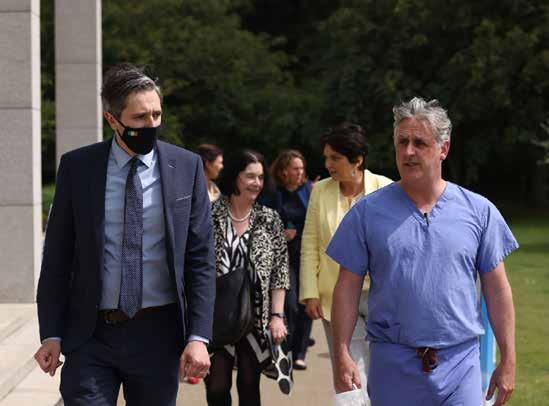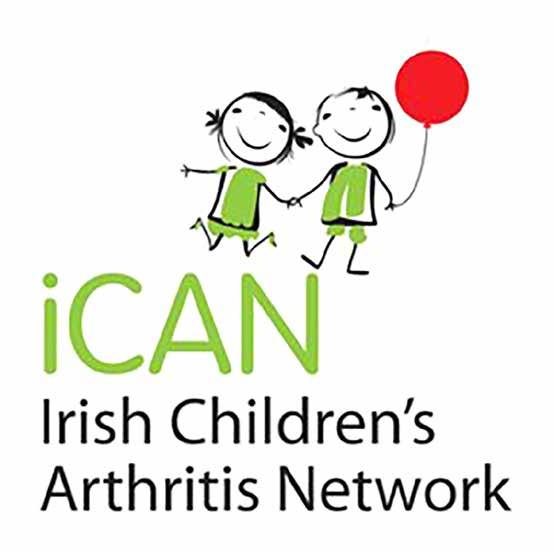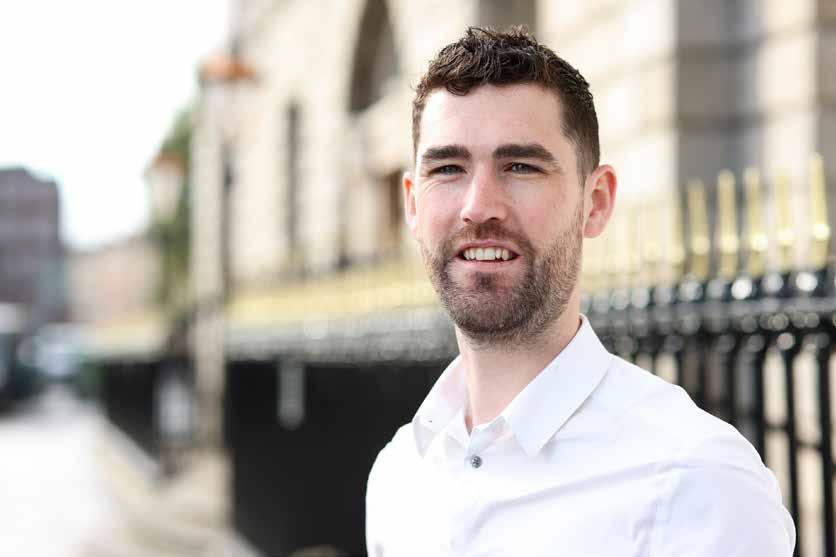
5 minute read
Children’s Hospital Care a ‘ticking time bomb’
The Irish Hospital Consultants Association (IHCA) has called on health service leaders to address the severe consultant shortages in paediatric care, warning of a ‘ticking time bomb’ in children’s hospital care. The call comes after successive weeks of cancelled and postponed operations across the three Dublin paediatric hospitals that make up Children’s Health Ireland (CHI) - Crumlin, Temple Street and Tallaght - due to an earlier than expected winter surge in Emergency Department (ED) presentations of children with seasonal respiratory illness. The number of ED presentations at the hospitals is at its highest level in four years. Latest analysis* shows that there are now 97,400 children waiting to see a hospital consultant or receive treatment (1 in 12 children in Ireland), with some 38,600 Ms Mary Bresnihan, Consultant ENT Surgeon
waiting longer than 12 months for hospital care. Of these, 29,193 have been waiting longer than 18 months.
More than four in 10 (42%) children waiting to be assessed or treated by a hospital consultant are waiting longer than one year, with almost one third (32%) of those awaiting inpatient or day case treatment across the country left on a waiting list for longer than 12 months. The three Dublin paediatric hospitals have seen a five-fold increase since 2015 in the number of children waiting longer than a year for an outpatient appointment.
Waiting for care has the biggest impact on the youngest patients
Consultants say that the adverse impact of waiting this long for care can mean some children’s conditions may significantly deteriorate, hampering their development and quality of life and potentially their future healthcare outcomes.
However, many children’s conditions are straightforward to treat and could be managed quickly, often without requiring any stay in hospital. The IHCA projects that without empathetic health service management leadership that engages constructively with frontline hospital staff, current rates of growth could mean it will take healthcare staff and hospitals as long as 14 years (to 2035) to reduce waiting lists to manageable levels and clear the backlog of care built up over the past two years of the pandemic. Ms Mary Bresnihan, a Consultant ENT surgeon at Sligo University Hospital, said, “In ENT, some of the longest lists are for procedures like tonsillectomies, where surgery could be managed through day-case procedures. But we face challenges even getting to see and assess the patient in the first place. When we do, and we schedule treatment, patients can unfortunately be at the mercy of emergency or other priorities taking theatre slots at the last minute.
“In the meantime, children of all ages are missing a lot of school due to being off sick regularly with tonsillitis or other infections meaning their education is set back. Some children are not able to hear properly and this can his affect their overall development - and yet these are problems that are quick and straightforward to resolve given adequate resources. This is a tragedy for those patients and should not happen.”
Consultant crisis
According to an HSE report**, an additional 207 consultants are needed across the specialties of paediatrics, neonatology and paediatric surgery by 2028 to address current shortfalls and meet increased patient demand. That would mean recruiting some 30 consultants every year over the next 7 years. Ireland has just 9.38 paediatric specialists per 100,000 population compared with and EU-27 average of 18.65 – in other words just 50% of the EU average.*** As at 1 February 2021, 39 of the 232 approved consultant posts in Paediatrics were either vacant (20) or filled on a temporary basis (19). This is 17% of the total approved posts. Around 1 in 5 approved permanent hospital consultant posts across all specialties are either vacant or filled on a temporary or agency basis, with around 720 posts not filled as needed across our acute public hospitals and mental health services.
The IHCA says that ongoing talks between the Department of Health, HSE and Consultant representatives are pivotal and must result in the implementation of unambiguous commitments from the Minister for Health to resolve the root causes of recruitment and retention issues, including reversing the pay discrimination imposed on Consultants contracted since 2012.
Reducing Medications in the Elderly
A study by researchers at RCSI University of Medicine and Health Sciences of GP-delivered medication for older people led to an overall reduction in the number of medicines prescribed. The research was led by Professor Susan Smith and Dr Caroline McCarthy of the Department of General Practice at RCSI. There is an increasing number of older people living with multiple medical conditions, known as multimorbidity, who are prescribed several medicines. This creates significant challenges for the healthcare system at large in terms of costs, as well as for the individual (and their carers) in coping with taking so many medicines, and for the clinicians who decide what should be taken. The SPPiRE (Supporting prescribing in older people with multimorbidity and significant polypharmacy in primary care) research project aimed to address these challenges. This study consisted of a randomised controlled trial involving 51 GP practices and 404 patients throughout the Republic of Ireland. Older patients with multimorbidity taking at least 15 regular medicines were invited to attend a medication review with their GP. The review included screening their prescription for potentially inappropriate combinations of medicines, considering opportunities for stopping medicines and assessing the patient’s priorities for treatment. It then assessed whether this once-off GP-delivered medication review reduced the number of medicines and improved the quality of prescribing. There was a significant reduction in the number of medicines in the intervention group compared to the control group, with over 800 medicines being stopped in 208 intervention patients. Of the 800+ medicines ceased, 15 possible adverse events were reported, almost all of which were mild reactions that stopped once the medicine was re-introduced, indicating that stopping certain medicines in older people is generally safe. The quality of prescribing was also assessed, using a checklist of potentially inappropriate combinations of medicines. While there were no significant improvements in the quality of prescribing in the intervention group compared to the control group, overall there were improvements in both groups during the study period.










